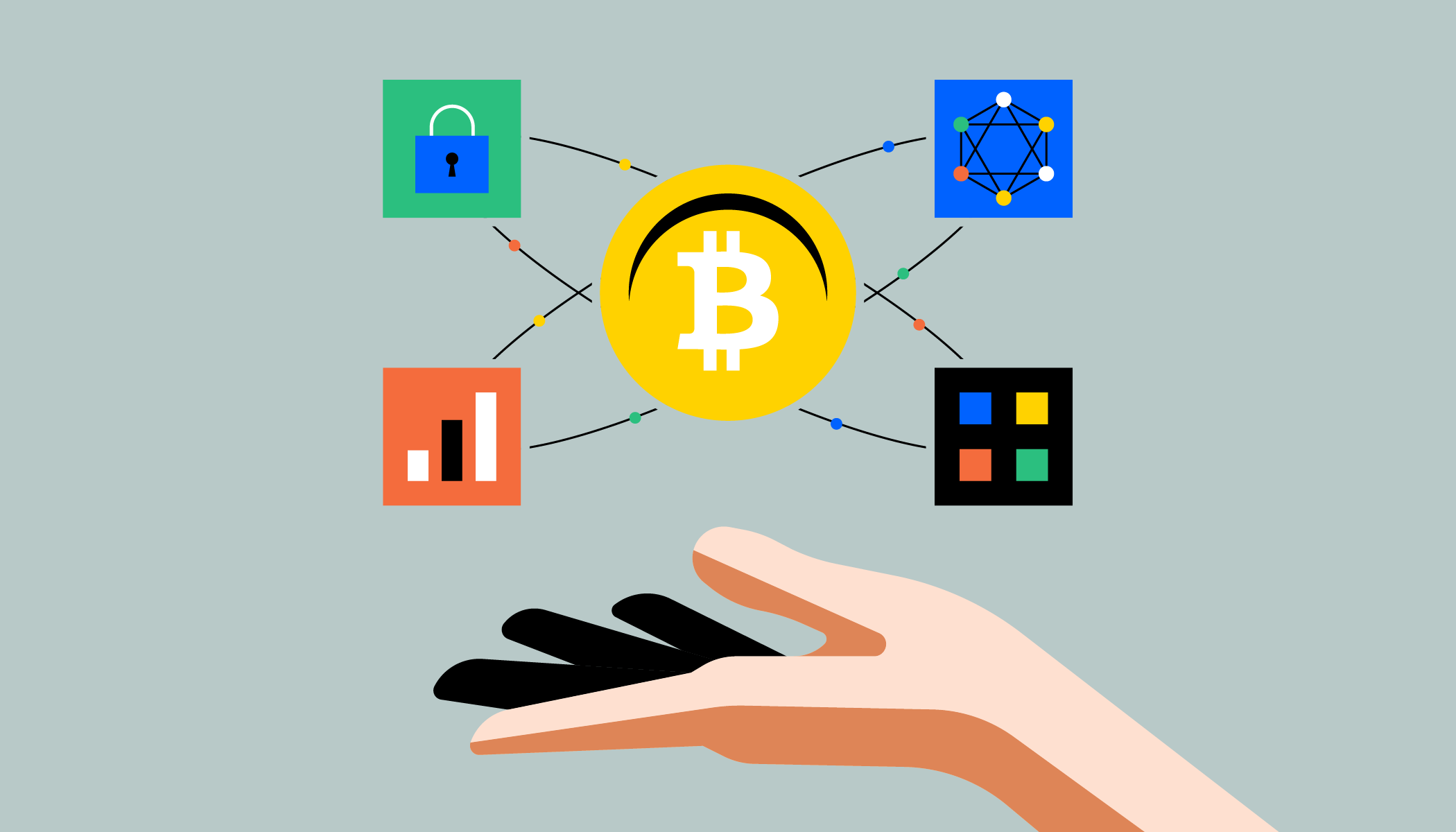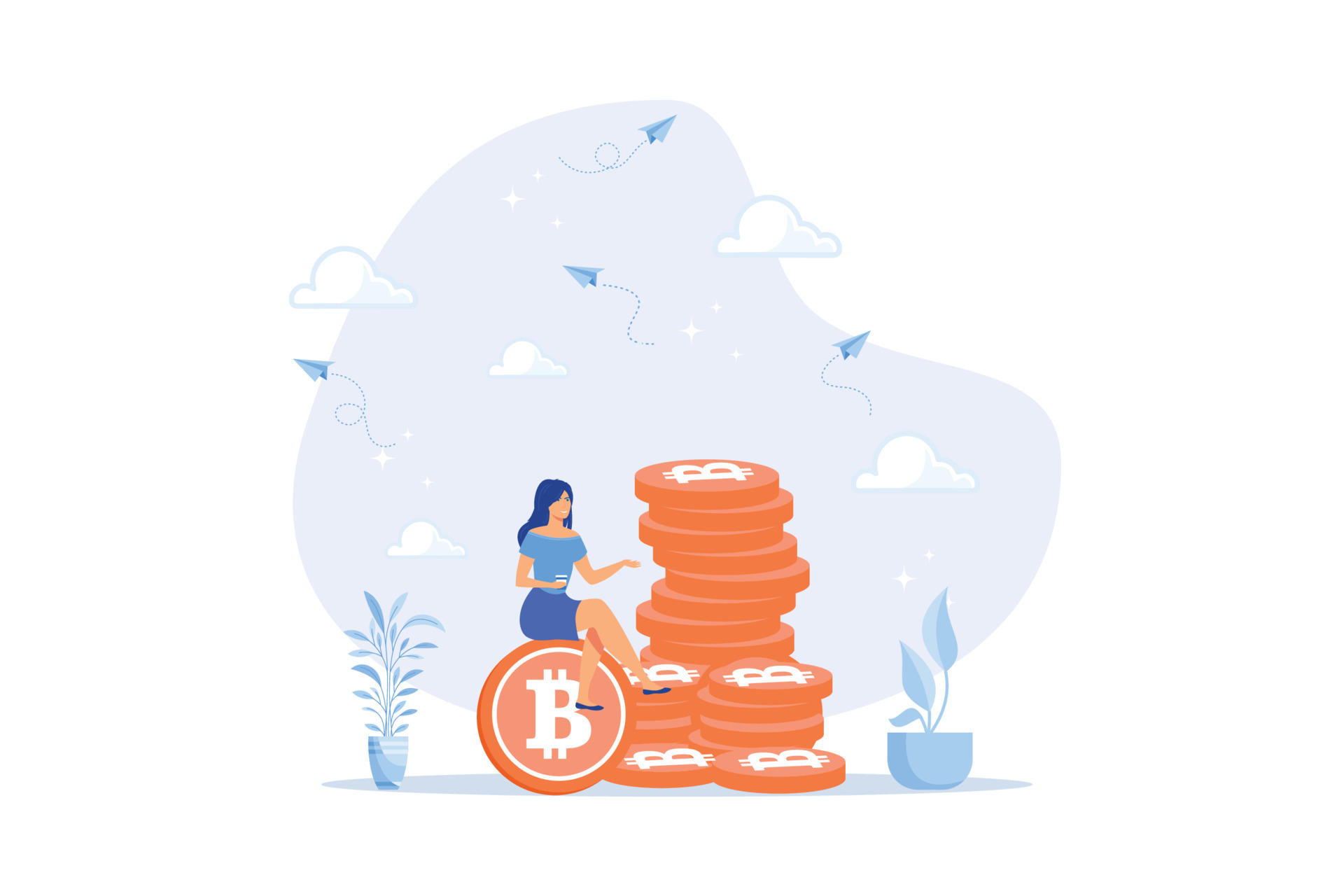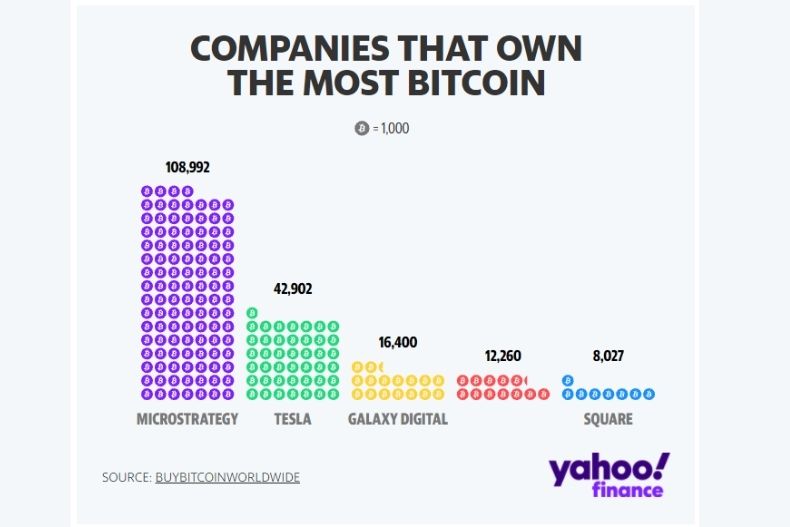Who buys bitcoins? As the cryptocurrency market continues to evolve, understanding the demographic profile and motivations of Bitcoin buyers becomes increasingly crucial. This article delves into the fascinating world of Bitcoin ownership, examining the factors that drive individuals to invest in this digital asset.
From tech-savvy millennials to seasoned investors, the Bitcoin market encompasses a diverse range of buyers. Their motivations span the spectrum from speculative investments to the desire for a decentralized currency.
Demographic Profile of Bitcoin Buyers

Bitcoin buyers come from diverse backgrounds and demographics. Understanding their characteristics can provide insights into the adoption and growth of Bitcoin.
The typical Bitcoin buyer is a male between the ages of 25 and 34, with a college degree and an annual income of over $50,000. However, there are notable variations in the demographics of Bitcoin buyers depending on the region, country, and socioeconomic factors.
Age
- The majority of Bitcoin buyers are between the ages of 25 and 34.
- Younger buyers are more likely to be early adopters and tech-savvy.
- Older buyers are more likely to be interested in Bitcoin as an investment.
Gender
- Bitcoin buyers are predominantly male.
- The ratio of male to female Bitcoin buyers varies depending on the region.
- In some countries, such as Japan, there is a significant female Bitcoin user base.
Income
- Bitcoin buyers tend to have higher incomes than the general population.
- The median income of Bitcoin buyers is over $50,000 per year.
- Higher-income individuals are more likely to have disposable income to invest in Bitcoin.
Education
- Bitcoin buyers are more likely to have a college degree than the general population.
- Higher levels of education are associated with a better understanding of Bitcoin and its potential.
- Educated individuals are more likely to be open to new technologies and investment opportunities.
Motivations for Purchasing Bitcoin
Individuals choose to purchase Bitcoin for various reasons, primarily driven by investment, speculation, and its use as a currency. These motivations are influenced by both financial and non-financial factors.
Financial Motivations
- Investment:Bitcoin is seen as a potential investment opportunity due to its historical price appreciation and perceived scarcity. Investors may purchase Bitcoin with the expectation of selling it later at a higher price.
- Speculation:Bitcoin’s volatile price movements attract speculators who seek to profit from short-term price fluctuations.
- Hedging:Some investors purchase Bitcoin as a hedge against inflation or economic uncertainty, as it is perceived to be a store of value.
Non-Financial Motivations
- Use as a Currency:Bitcoin can be used as a medium of exchange for online and offline transactions, offering advantages such as lower transaction fees and faster settlement times.
- Ideological Support:Some individuals purchase Bitcoin to support its underlying technology and decentralized nature, which aligns with their values of financial freedom and privacy.
- Fear of Missing Out (FOMO):During periods of rapid price appreciation, some people may purchase Bitcoin out of fear of missing out on potential gains.
Methods of Purchasing Bitcoin: Who Buys Bitcoins

Individuals can purchase Bitcoin through various methods, each with its unique advantages and drawbacks. These methods can be broadly categorized into three primary types: exchanges, brokers, and peer-to-peer platforms.
Exchanges
Cryptocurrency exchanges are online platforms that facilitate the trading of Bitcoin and other cryptocurrencies. They act as intermediaries between buyers and sellers, providing a marketplace for the exchange of digital assets. Exchanges typically offer a wide range of cryptocurrencies and trading pairs, enabling users to buy and sell Bitcoin against fiat currencies like USD or EUR, as well as other cryptocurrencies like Ethereum or Litecoin.
One of the main advantages of using exchanges is their liquidity, as they often have a large pool of buyers and sellers, ensuring that orders can be executed quickly and efficiently. Additionally, exchanges provide various trading tools and features, such as charting tools, order books, and stop-loss orders, which can enhance the trading experience for users.
However, it is important to note that exchanges are centralized entities, meaning they have control over user funds and transactions. This can raise concerns about security and privacy, as users must trust the exchange to safeguard their assets and personal information.
Brokers
Bitcoin brokers act as intermediaries between buyers and sellers, facilitating the purchase and sale of Bitcoin without the need for direct interaction between the parties. Unlike exchanges, brokers do not operate a marketplace but rather match buyers and sellers based on the best available rates.
This can be a convenient option for users who are new to the cryptocurrency market or prefer a more straightforward and less technical approach to purchasing Bitcoin.
Brokers typically offer a simpler user interface and may provide additional services such as customer support and educational resources. However, they often charge higher fees compared to exchanges, and their selection of cryptocurrencies and trading pairs may be more limited.
Peer-to-Peer Platforms
Peer-to-peer (P2P) platforms connect buyers and sellers directly, allowing them to trade Bitcoin without the involvement of a third party. These platforms facilitate the exchange of Bitcoin between individuals, typically through escrow services that ensure the safety and security of transactions.
P2P platforms offer several advantages, including increased privacy and anonymity, as users are not required to provide personal information or undergo identity verification. Additionally, P2P platforms often have lower fees compared to exchanges or brokers, as they do not charge transaction fees or commissions.
However, P2P platforms can be less user-friendly and may require more technical knowledge to navigate. They also tend to have lower liquidity compared to exchanges, which can make it more difficult to execute trades quickly or at the desired price.
Factors Influencing Bitcoin Purchases

The decision to purchase Bitcoin is influenced by a complex interplay of economic, political, and social factors. These factors can have a significant impact on the demand and price of Bitcoin.
Economic Factors
Economic factors that influence Bitcoin purchases include:
- Inflation:Bitcoin is often seen as a hedge against inflation, as its supply is limited and cannot be inflated by central banks.
- Interest rates:Low interest rates can make Bitcoin more attractive as an investment, as it offers a potential return on investment without the risk of losing money due to inflation.
- Economic uncertainty:Economic uncertainty can lead to increased demand for Bitcoin as investors seek a safe haven asset.
Political Factors, Who buys bitcoins
Political factors that influence Bitcoin purchases include:
- Government regulation:Government regulation of Bitcoin can impact its price and demand. Positive regulation can increase demand, while negative regulation can decrease demand.
- Political instability:Political instability in countries can lead to increased demand for Bitcoin as investors seek a safe haven asset.
Social Factors
Social factors that influence Bitcoin purchases include:
- Media coverage:Positive media coverage of Bitcoin can increase demand for the cryptocurrency.
- Social media:Social media platforms can play a role in promoting Bitcoin and influencing public perception of the cryptocurrency.
- Celebrity endorsements:Endorsements of Bitcoin by celebrities can increase demand for the cryptocurrency.
Impact of Bitcoin Purchases on the Market

The influx of new buyers into the Bitcoin market has a significant impact on its overall dynamics. This increased demand can lead to increased liquidity, volatility, and potential instability within the market.
Increased liquidity, resulting from more buyers and sellers participating in the market, can facilitate smoother and more efficient trading of Bitcoin. However, this influx can also contribute to increased volatility, as the market becomes more susceptible to price fluctuations driven by changes in supply and demand.
Overall Market Stability
The impact of Bitcoin purchases on overall market stability is a complex issue. While increased demand can contribute to market growth and liquidity, it can also introduce potential risks and uncertainties. Factors such as regulatory changes, security breaches, and fluctuations in the value of other cryptocurrencies can influence the stability of the Bitcoin market.
Last Recap

In conclusion, the decision to purchase Bitcoin is influenced by a complex interplay of demographic, financial, and psychological factors. Understanding who buys bitcoins and their motivations provides valuable insights into the dynamics of the cryptocurrency market. As the Bitcoin ecosystem continues to expand, it will be fascinating to observe how these factors evolve and shape the future of digital currencies.
Frequently Asked Questions
What is the average age of Bitcoin buyers?
According to studies, the majority of Bitcoin buyers fall within the age range of 25-34.
Are Bitcoin buyers predominantly male or female?
Statistics indicate that the Bitcoin market is predominantly male-dominated, with a significantly higher proportion of male buyers compared to female buyers.
What is the primary motivation for buying Bitcoin?
Investment and speculation are the most common reasons why individuals purchase Bitcoin, with the potential for high returns serving as a major driving force.
